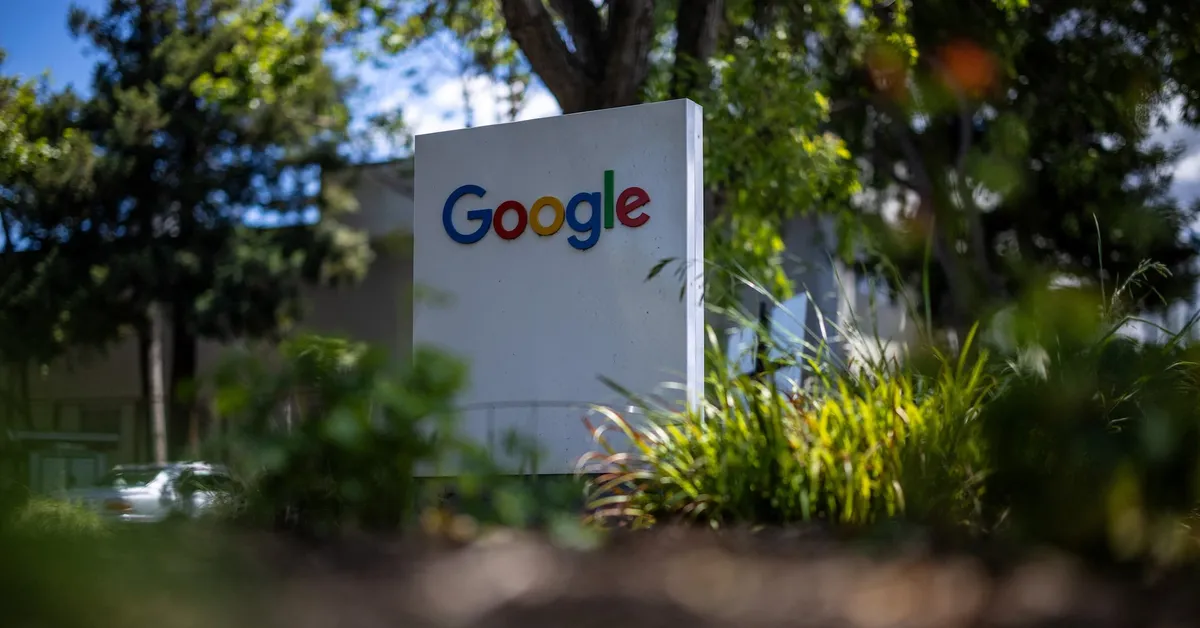
In a significant move within the tech industry, Google has agreed to pay $2.4 billion in licensing fees to utilize select technologies from the coding tool company Windsurf. This arrangement is set under non-exclusive terms, as confirmed by a source familiar with the deal. Interestingly, Google will not acquire a stake or any controlling interest in Windsurf, maintaining a clear boundary in their business relationship.
As part of this transformative agreement, key figures from Windsurf, including CEO Varun Mohan, co-founder Douglas Chen, and several members of the research and development team, are transitioning to join Google's DeepMind AI division. This shift underscores Google's commitment to enhancing its capabilities in the rapidly evolving field of artificial intelligence. The decision follows extensive discussions Windsurf had with OpenAI regarding a potential acquisition that could have valued the company at an impressive $3 billion, showcasing the burgeoning interest in the code-generation sector.
The former Windsurf team at Google DeepMind will concentrate on agentic coding initiatives, particularly on the ambitious Gemini project. Google expressed enthusiasm about this integration, stating, "We're excited to welcome some top AI coding talent from Windsurf's team to advance our work in agentic coding."
This deal structure is seen as a favorable outcome for Windsurf's investors, who have collectively contributed $243 million from notable firms such as Kleiner Perkins, Greenoaks, and General Catalyst. Last year, Windsurf was valued at $1.25 billion according to PitchBook. The licensing fees provide liquidity for investors while they retain their stakes in the company, ensuring continued support for Windsurf's operations.
Google's strategic move mirrors its previous efforts, such as the acquisition of key employees from Character.AI in August 2024. Other tech giants have also engaged in similar agreements; for instance, Microsoft struck a $650 million deal with Inflection AI earlier this year, and Amazon hired co-founders from Adept last June. These types of agreements, often referred to as 'acquihire' deals, allow companies to enhance their talent pool without the complexities of full acquisitions, which are subject to scrutiny by U.S. antitrust regulators.
In light of this transition, Windsurf has appointed Jeff Wang as its interim CEO, while Graham Moreno, previously the vice president of global sales, will now serve as president. The majority of Windsurf's workforce, which numbers around 250 employees, will remain with the company, which plans to continue its focus on innovation for enterprise clients.
This development highlights the competitive landscape among major tech companies as they vie for dominance in the AI sector, actively pursuing high-profile acquisitions and offering lucrative compensation packages to attract top talent.
Reporting by Kenrick Cai in San Francisco, Krystal Hu in New York, and Kritika Lamba in Bengaluru; Editing by Shailesh Kuber and Muralikumar Anantharaman.